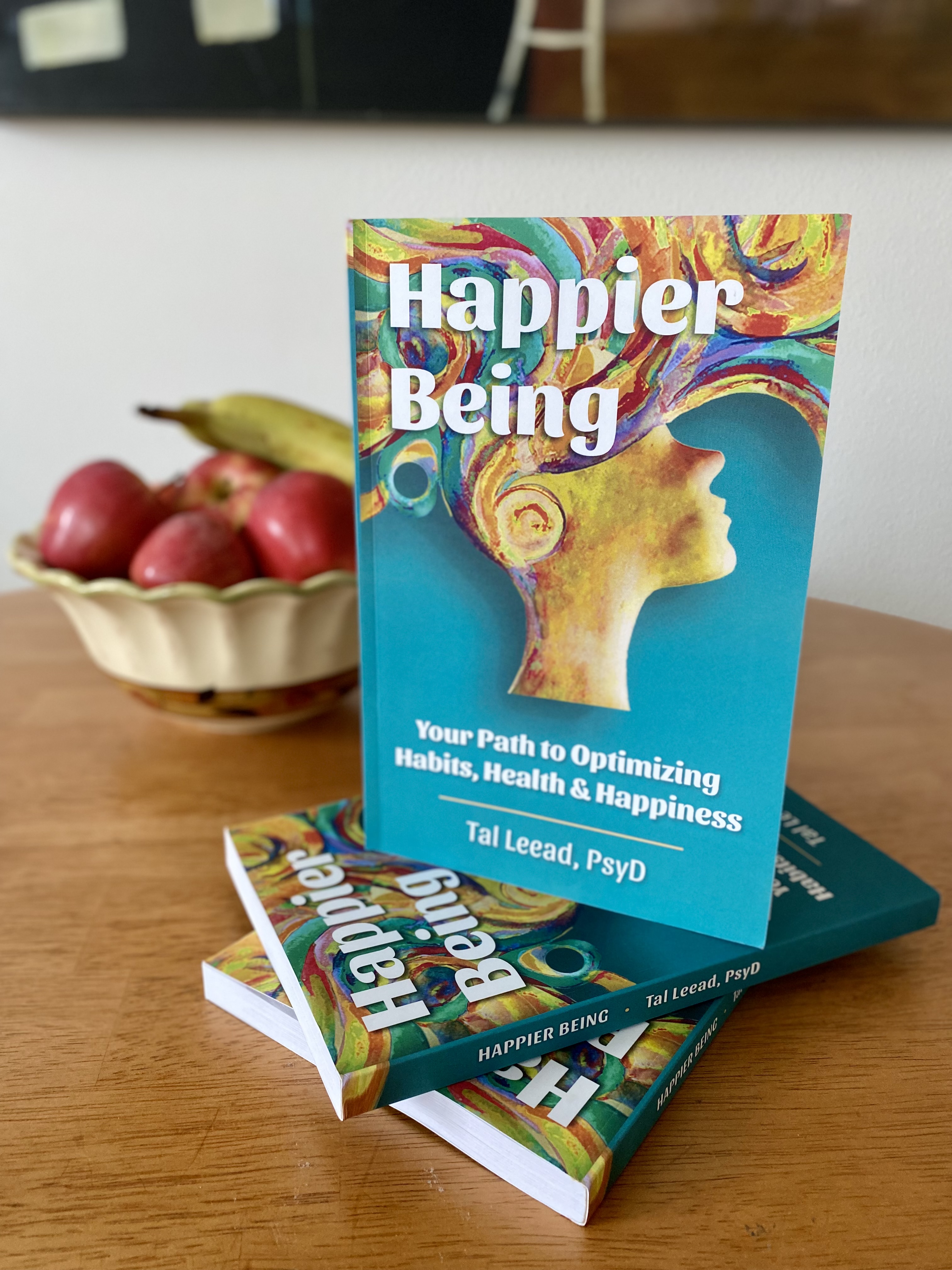Each time you experience yourself behaving as the type of person you want to be, you reassure and reinforce that identity formation.
[… This] lays down the crux of what we call “self-perception theory,” first posited by Dr. Daryl Bem. The basic idea is that when you see yourself doing something, you figure “that is me.” Previous to this theory, scientists believed that self-knowledge drove behavior – that if we knew who we were inherently/internally, we could choose behaviors aligned with our thoughts, beliefs, values, etc. But Dr. Bem proved that our opinions about ourselves are formed exactly like our opinions about others – by judging our behavior.
[… This] is in part why, when you are often late but you do not see yourself as someone who is always late, it causes you greater stress when you are, once again, late. (In a sense, you experience what is called cognitive dissonance. In other words, your beliefs and thoughts about yourself are inconsistent with your behavior). Thus, your identity is driven by your actions, and your actions build your identity. As John Dryden brilliantly says, “We first make our habits, then our habits make us.”
[…] Forming your desired identity through habits is about taking action first – and that takes both courage and consistency. [It] is not about trying to feel your way into it, contemplating perhaps I will do it today, or else – I will try tomorrow. It’s about proving to yourself that you cannot only do it but that this is what you are doing. This is who you are. You are someone who is committed to optimizing your well-being, and in the process, you are becoming a Happier Being.
Every day you commit to your Happier Being™ by creating healthy habits, you also lay the foundations of your new life. You are charging your energy and boosting your feedback that this is the person you are now. If you’ve seen yourself eating your greens every day, you are now someone who is a healthier eater. If you observe yourself running every day, you are now a runner. It doesn’t matter that you’re not a competitive runner or a diet coach. It’s not about accolades or occupation. It is about who you see yourself to be every day, and what identity is gradually forming.
[…] You might be thinking, I’ve tried to stay on the path, but it’s tougher for me than for others. Other people have better self-control and willpower than I do. I hear you. But as much as I believe that there are some innate variabilities when it comes to self-control, the truth here might surprise you. People with a lot of self-control don’t necessarily have more willpower than others. They’ve simply learned not to rely on willpower alone to stick with a plan – especially during times of stress.
Let me explain further: People with a lot of self-control use their willpower wisely. They might use some of it to initiate a new habit, but over time they trust the habit to reinforce itself and become automated. The automatic habit they’ve formed […] keeps them on their intended path. It’s the automation that acts as the fuel that keeps them going, not their willpower.
[…] If you’re not confident in who you can be yet, what identity you want to build, or are still unsure of your ability to change, that’s okay. Start by choosing a habit that will move you in a positive direction. During this process, executing may become hard. Even if your identity hasn’t formed strongly yet, remember that your bright lines will guide you. The more you are able to be consistent, the greater your chances of experiencing the benefits of feeling good from it. And the more positive emotions you experience in the process of change, the less growing pains will stop you from consistently following your chosen path.
As Eric Greitens, a Navy Seal who wrote a great book called Resilience, says, “We need to discipline ourselves to be less interested in how we feel in any given moment and more interested in (and committed to) who we want to be! Then, act that way. Again and again and again.”
This is exactly what habits are: behaviors you repeatedly do. The more you practice them, the more they reinforce who you want to become – and, more accurately, who you are becoming. This is the magic dust for when your being starts transforming. Your habits expand your mindset about your ability to change as you see the evidence of an updated version of you forming.









